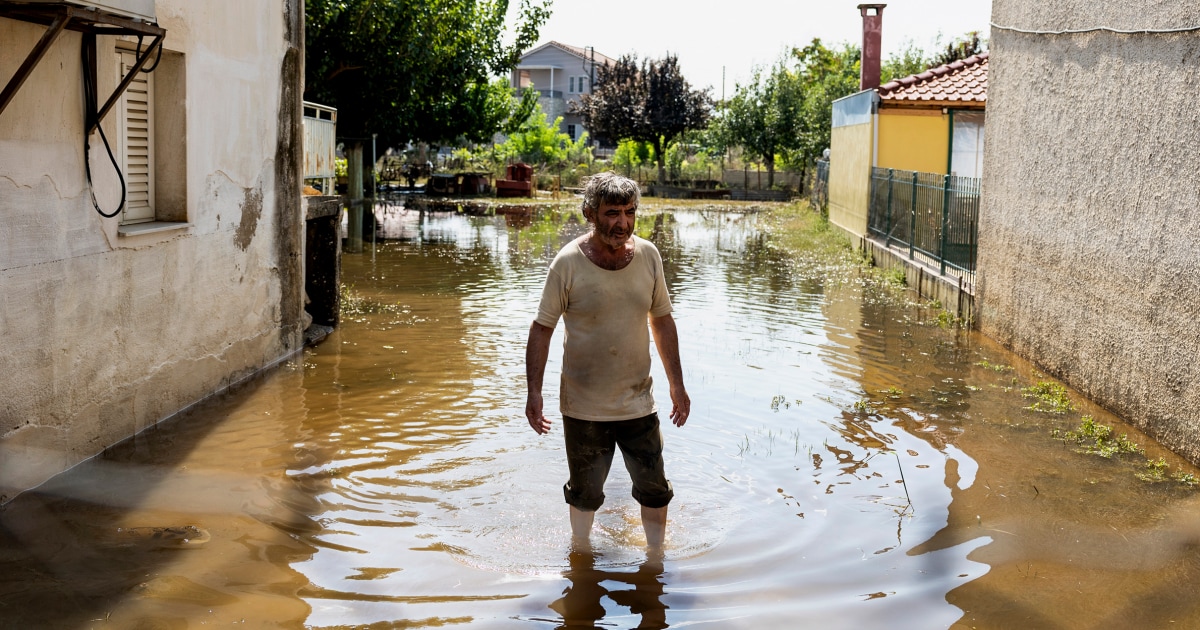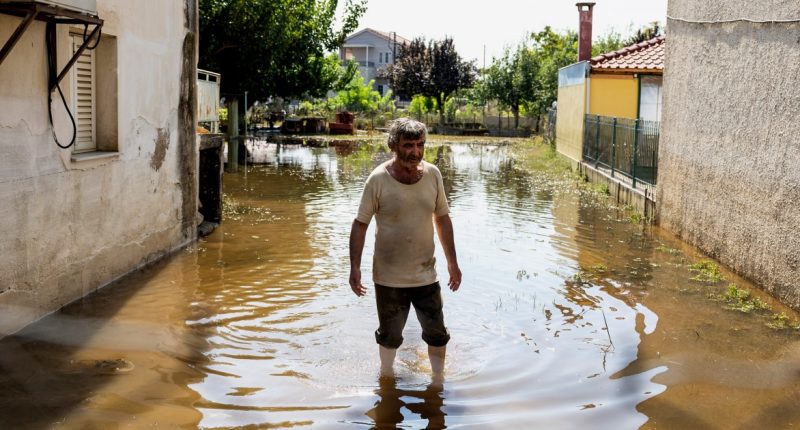
Researchers have observed those changes over time as the world warms. Since 1901, global precipitation has increased at an average rate of 0.04 inches per decade, according to the Environmental Protection Agency.
However, a number of factors can influence flooding events and their severity, and teasing out the fingerprints of climate change when they all interact can be challenging, Hoell said.
“From a 1,000-foot view, it’s definitely true that if you have higher temperatures, you have more water vapor, and therefore you can have more precipitation fall from the sky,” he said. “But when you look at a specific event, and the specific set of physical processes relevant to that event, it then becomes difficult to attribute every single process in that causal chain.”
For one, the types of extreme weather that caused each of the eight catastrophic flooding events in September had different origins.
Source: | This article originally belongs to Nbcnews.com










